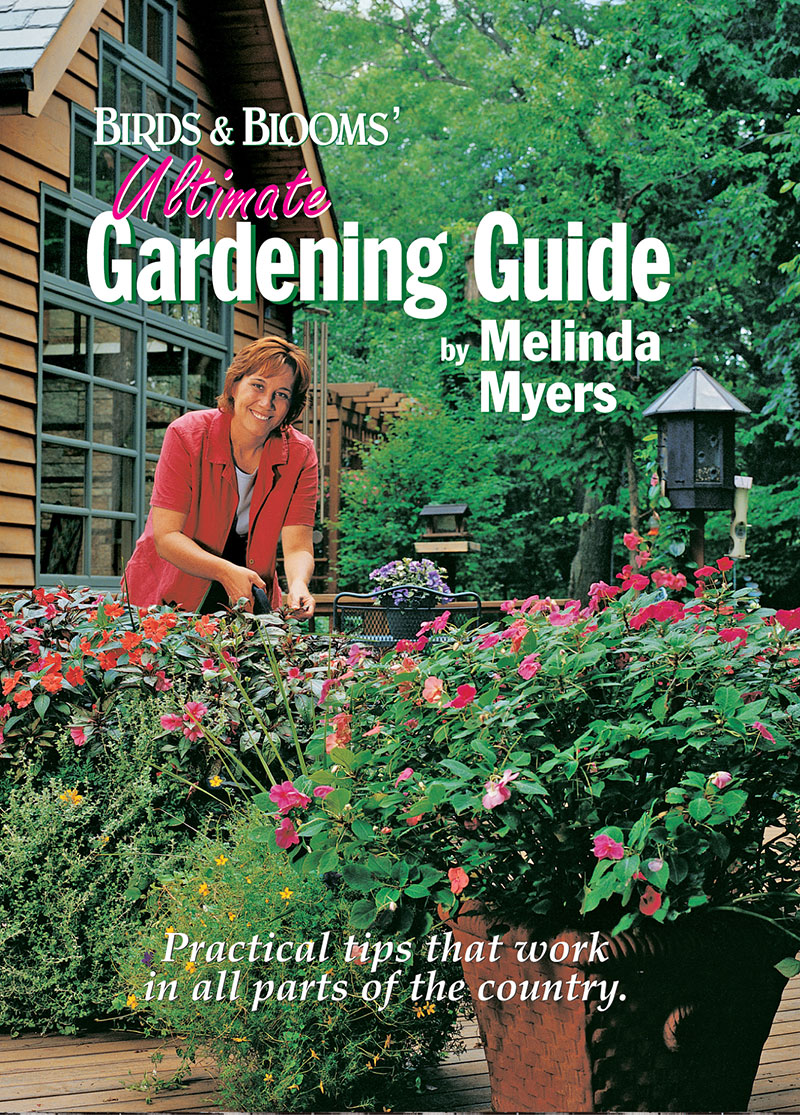Preserving Elephant Ears Bulbs (Corms) and Plants
Don’t compost those elephant ears plants – instead preserve them for next year’s garden.
Depending on your hardiness zone and the variety you are growing, your wintering options may vary. Those in colder regions will need to bring the plants indoors. You can grow them as houseplants in a cool bright location. Just be careful not to overwater as the plants will be growing much slower and need less water.
Or overwinter the large corm, often called a bulb, if present. Dig the corm, clean, cure and store in a cool, frost-free dark location for winter.
Those on the northern edge of the plant’s hardiness can leave their plants in the garden with the help of winter mulch. After a light frost, remove the dead foliage and surround the planting with chicken wire. Fill with weed-free straw or evergreen boughs for insulation.
Those in warmer regions do not need the help of winter mulch.
A bit more information: Check on overwintering bulbs for signs of early sprouting or rot. Move bulbs to a cooler space if they begin to sprout in storage. Dispose of rotting bulbs as soon as they are discovered to prevent the spread to healthy bulbs.
Related

Video

Article

Article
Categories
Upcoming Live Events
& Webinars
April 18, 2024
Be a Waterwise Gardener
Golden Rondelle Theater, Racine, WI
Register now
April 20, 2024
Pruning Hydrangeas and Other Shrubs
Pasquesi Home & Gardens, Lake Bluff, IL
April 27, 2024
Ridges & Rivers Book Festival
Viroqua, WI
April 28, 2024
Flowering Trees and Shrubs
Ebert's Greenhouse Village, Ixonia, WI
May 1, 2024
FREE WEBINAR
Ornamental Fruits and Vegetables
Register now
May 4, 2024
Garden U 2024
New Richmond, WI
Register now
May 9, 2024
FREE WEBINAR
How to Plant Your Rain Garden
Register now
May 11, 2024
Ask The Plant Doctor Q & A
Ebert's Greenhouse Village, Ixonia, WI
May 12, 2024
Ask The Plant Doctor Q & A
Ebert's Greenhouse Village, Ixonia, WI
May 18, 2024
Ask The Plant Doctor Q & A
Ebert's Greenhouse Village, Ixonia, WI
June 1, 2024
Selecting, Planting, Pruning and Caring for Hydrangeas
Ebert's Greenhouse Village, Ixonia, WI
June 5, 2024
FREE WEBINAR
Under-Appreciated Pollinators
Register now
WATCH ON-DEMAND WEBINARS
Learn More

















